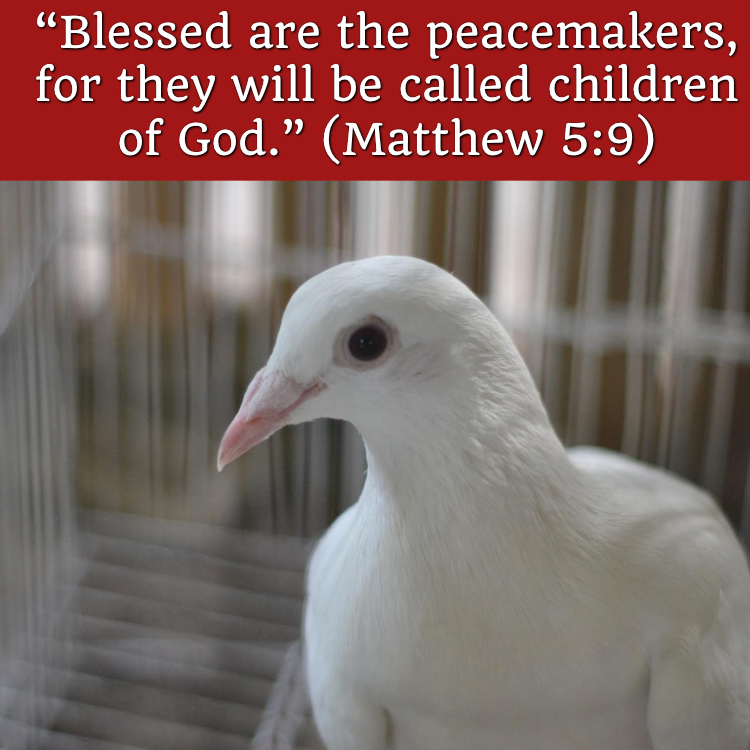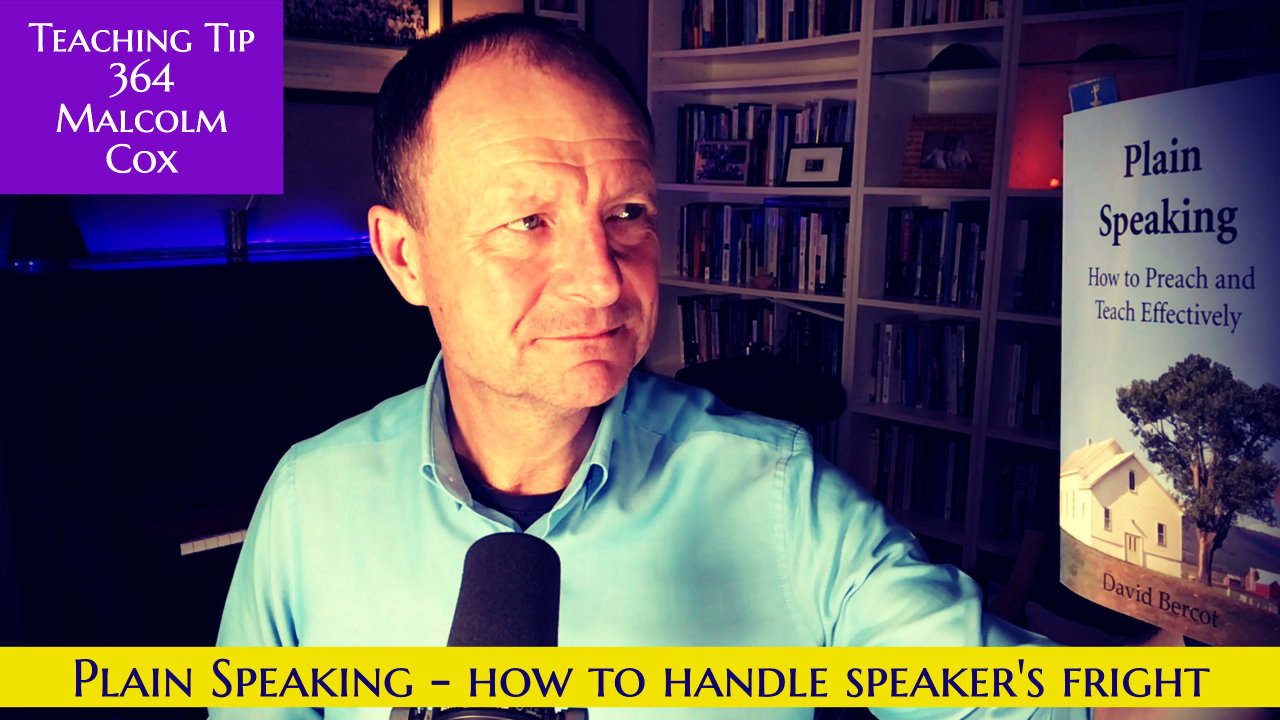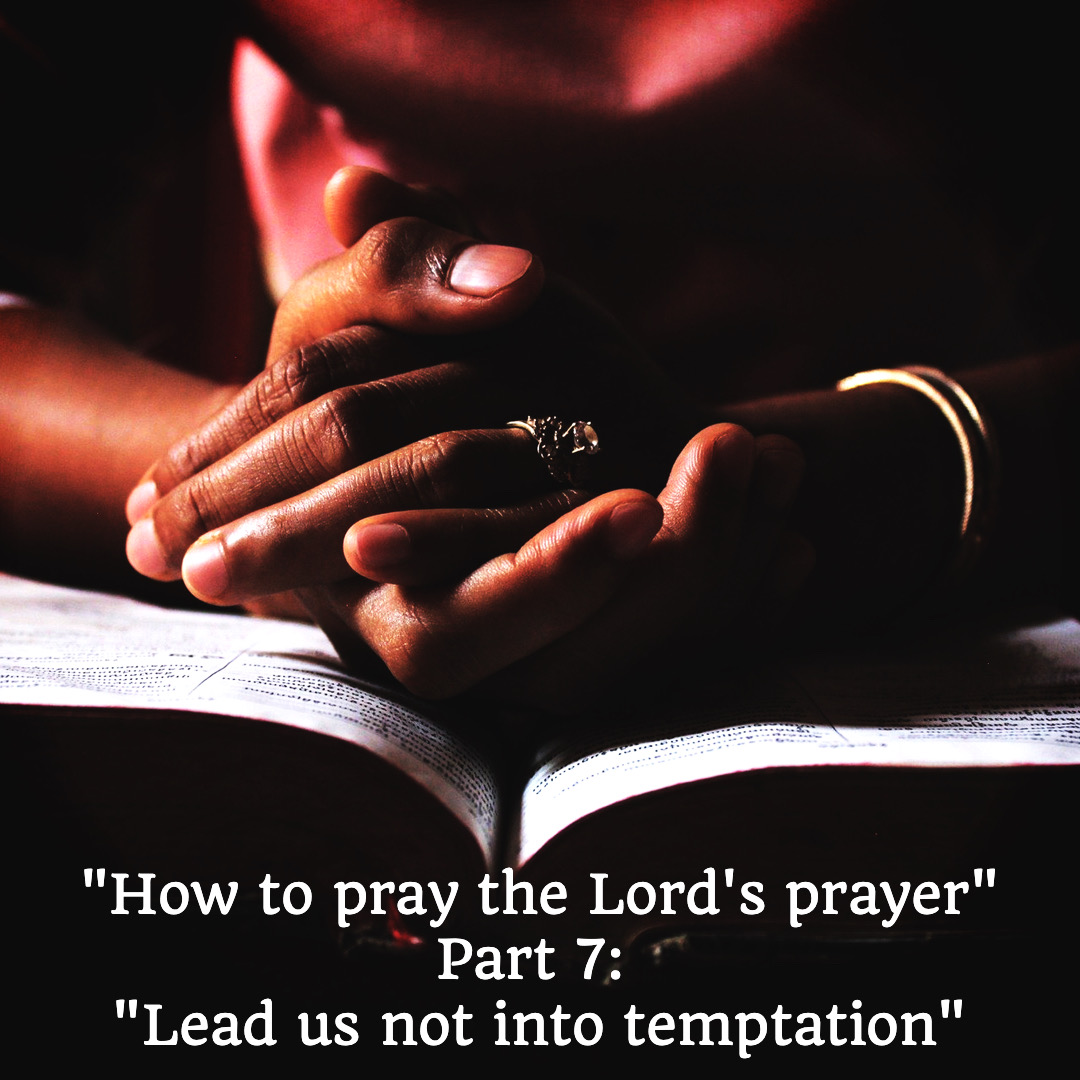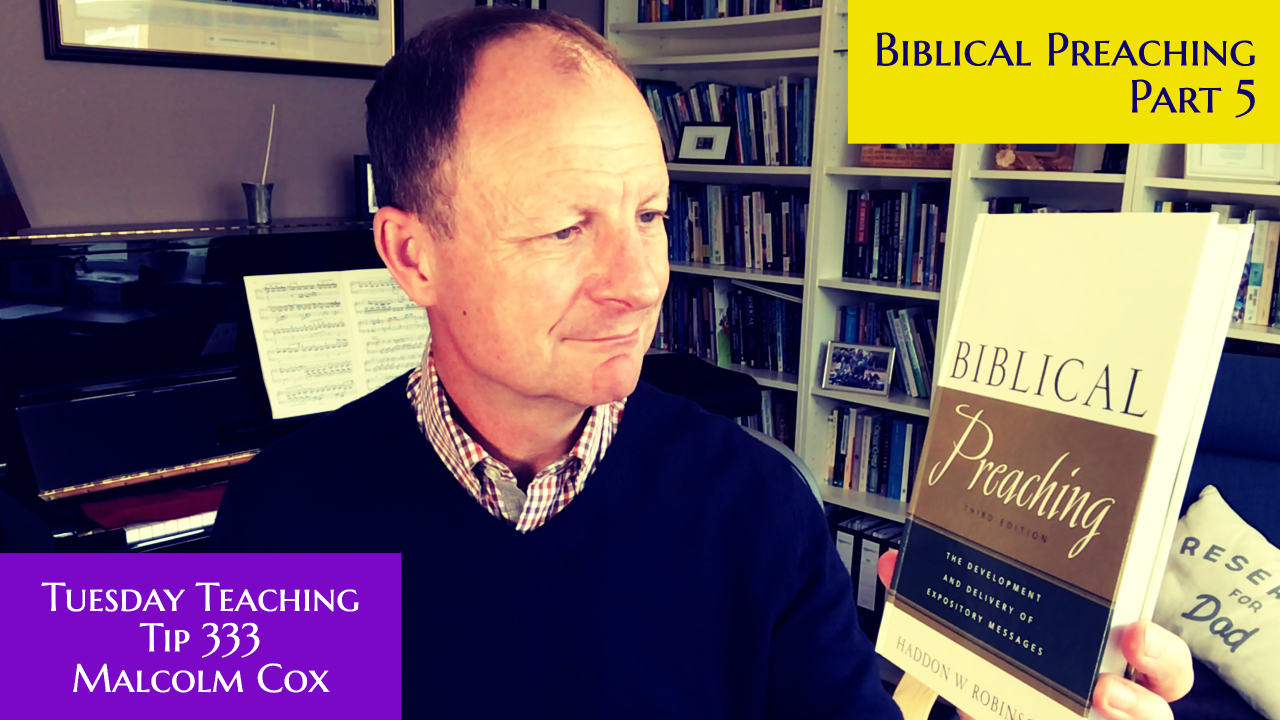Quiet Time Coaching: Episode 115

“Blessed are the peacemakers, for they will be called children of God.” (Matthew 5:9 NIV11)
What does it mean that peacemakers are children of God? And how is this connected to the kingdom of heaven?
In this series we are immersing ourselves in the beatitudes – Matthew 5:3-12. We’re trying to figure out what each beatitude means for us practically and how that affects our relationship with God, and in particular, our times of quiet with God.
The reason this is on my mind is because I am preparing a teaching and preaching series for the Thames Valley churches of Christ, and a teaching day for the Watford Church of Christ based on the sermon on the mount.
Join me today as I examine what it means to be a peacemaker.
Before we look forward, let’s look backwards. The previous beatitude is about being pure in heart. Peacemaking can only be done by the pure in heart, for impartiality is necessary. So this beatitude follows on from the former.
1. Peacemakers
* It is true that the message of the kingdom divides people (Matt 10:34-36), but this is due to the nature of the message and not the messenger. The message causes conflict, but the messenger does not seek conflict. In fact, the messenger should avoid causing conflict where possible, seeking to prevent it starting and helping to stop it where it has already started (1 Cor 7:15, 1 Pet 3:11, Heb 12:14, Rom 12:18).
* This might have been a shock to some of the Jews who were expecting and hoping for a militaristic Messiah.
* ‘Peace’ and ‘Appeasement’ do not mean the same thing. Peacemaking and peacekeeping are very different.
* True peace is costly – there is no such thing as ‘cheap peace’. The blood of Jesus was the price of peace between us and God, so we should not be surprised when peacemaking amongst people is difficult, painful and costly in time, energy, commitment and spiritual battle.
* We are commanded to love our enemy (Matt 5:43-48) and to feed our enemies (Romans 12:17-21). A peacemaker is active in doing whatever is possible to promote peace. They take the initiative.
* Greatest peacemaker is Jesus. Bringing peace between God & man as well as man to man (Eph 2.11-22, Col 1:20). He is our role model and our inspiration.
2. Children of God
* The peacemakers are ‘children’ of God because they have taken on this characteristic of their Father.
* The emphasis is not so much that we belong to God, but that we are like God in character.
* Peacemakers are “called children of God”. The word ‘called’ can mean ‘owned’. We the peacemakers, are owned by God who is a God of peace (Heb 13:20, Rom 15:33, 16:20, Phil 4:9, 1 Thess 5:23). Peacemakers are children of God because “What they do is to repeat what God has done.”
* Jesus was prophesied to be the “Prince of Peace” (Is 9:6), Christ is our peace (Eph 2:14, Col 1:20).
* An interesting and challenging thought is that this is to be a characteristic of every disciple. Without doubt some of us are better at starting fires and others better at putting them out, but all should become good at being a peacemaker.
What does this mean for our times of quiet with God? At least the following three things:
1. Thank God that he sent Jesus to be the peacemaker that you needed.
2. Pray to be a peacemaker. Ask God for the courage and patience you need as well as the strength to keep your mouth shut as you listen to understand.
3. Pray for people to be at peace with one another. Specifically bring to God any situations of conflict in the world, and especially within the kingdom (1 Tim 2.8).
What have I missed? What aspects of being a peacemaker are meaningful to you?
Retreat update
There are still a few places left for the spiritual disciplines retreat, “Wait for the LORD”. You can find details on the dedicated page of my website. If you have any questions, please drop me a line: malcolm@malcolmcox.org. I’m working on the booklet which I will send out in advance. This will contain information about the area, the details of the schedule, some tips on how to make the most of the retreat and an exposition of Psalm 130.
Please add your comments on this week’s topic. We learn best when we learn in community.
Do you have a question about teaching the Bible? Is it theological, technical, practical? Send me your questions or suggestions. Here’s the email: malcolm@malcolmcox.org.
If you’d like a copy of my free eBook on spiritual disciplines, “How God grows His people”, sign up at my website: http://www.malcolmcox.org.
Please pass the link on, subscribe, leave a review.
God bless, Malcolm
PS: You might also be interested in my book: “An elephant’s swimming pool”, a devotional look at the Gospel of John


